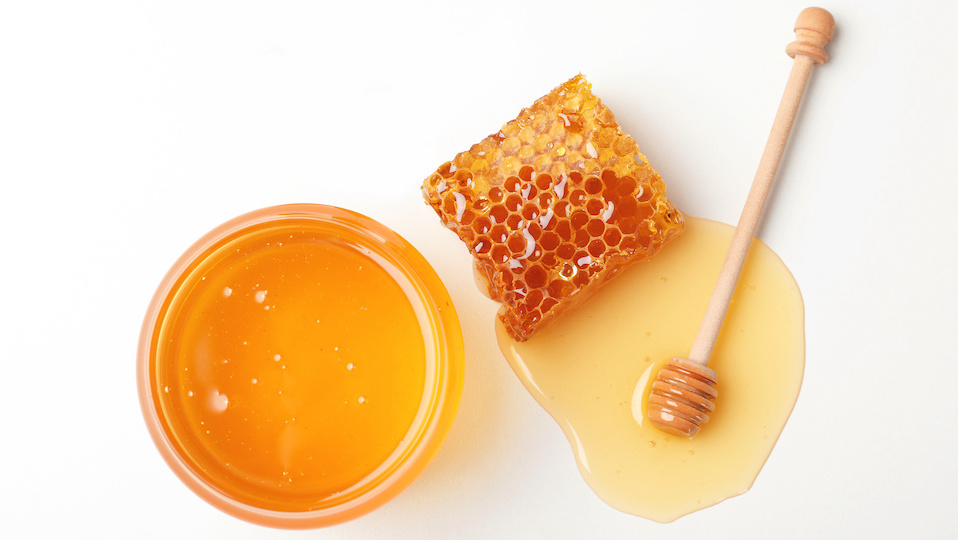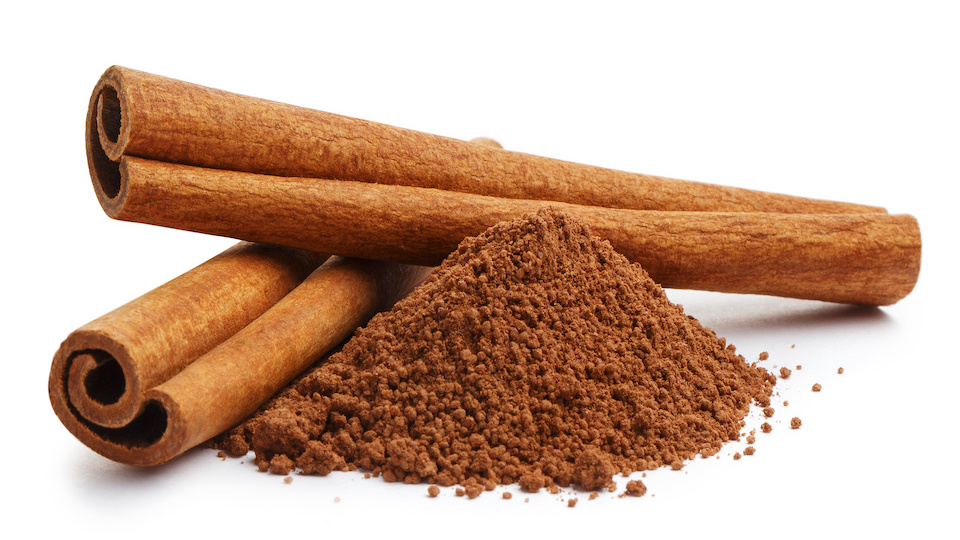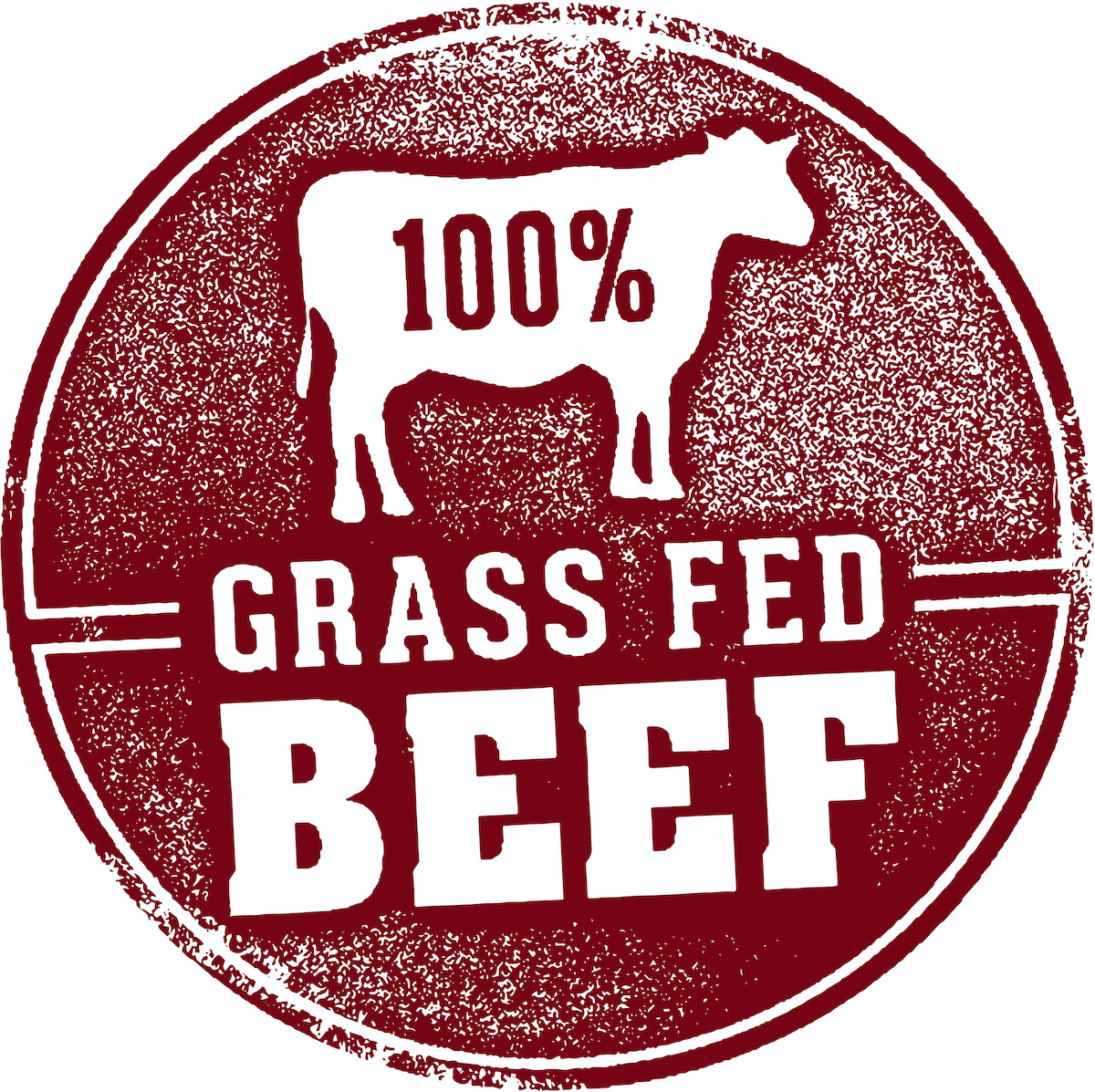Honey Fixes for Radiant Skin and Healthy Hair
Do you enjoy a dollop of honey in your tea? Perhaps you have traded out refined sugar for local raw honey in your favorite muffin recipe. You might not know about honey because it contains many therapeutic properties that make it a fantastic natural substitute for sugar and a sweet elixir for great hair, skin, and overall health and well-being.













